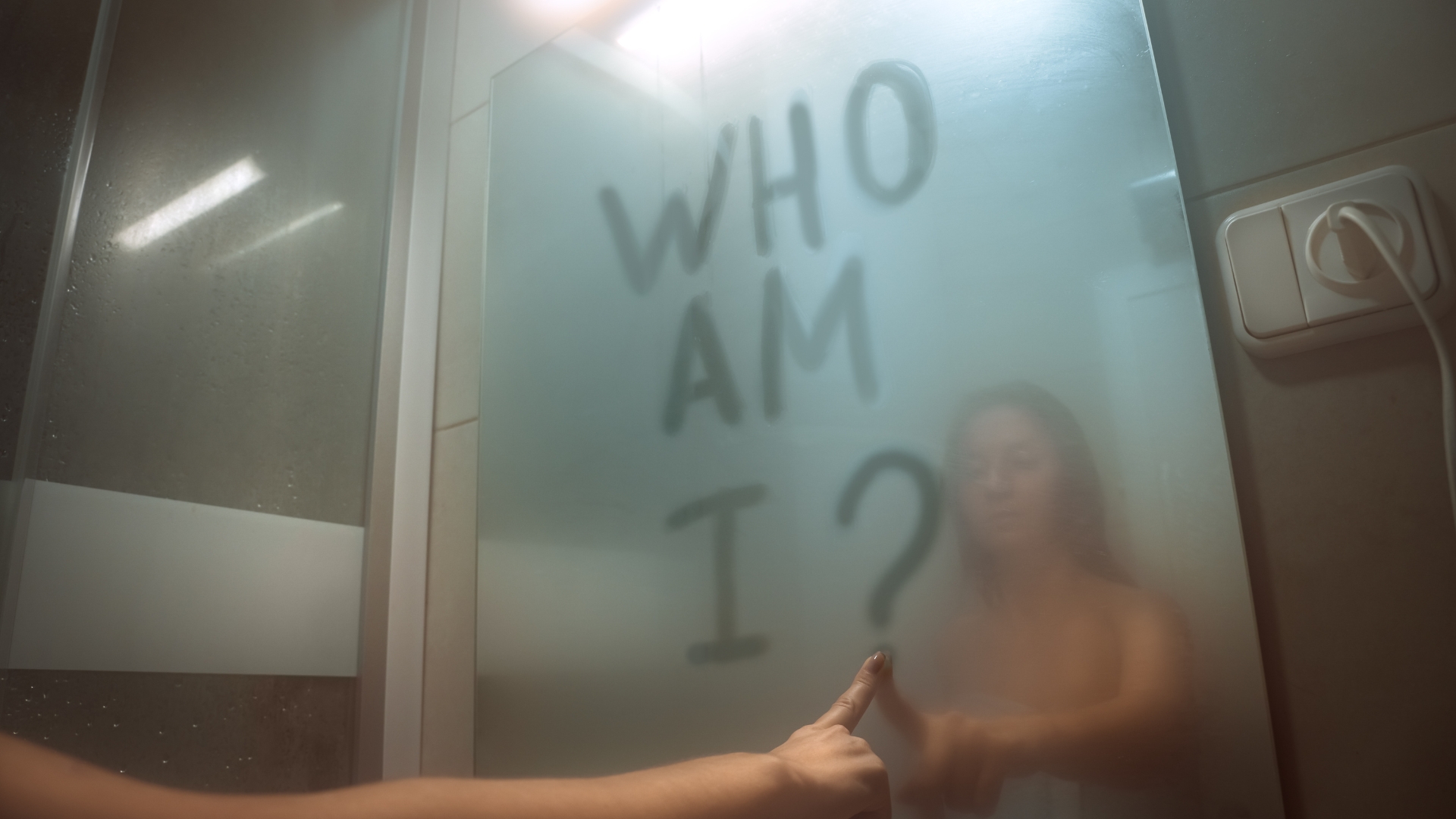Who Am I Without the Roles I Play?

It’s easy to define ourselves by what we do. We become the reliable one, the caregiver, the achiever, the good parent, the helpful friend. These roles are often how we relate to others and how they relate to us, and many of them come with meaning, love, and pride. But they can also come with pressure, routine, and exhaustion. Over time, the line between who we are and what we do can blur.
So what happens when life shifts – when our children grow up, our work changes, or we just start to feel the quiet nudge that something inside us is asking for more… or less? Who are we when the roles quiet down?
The Roles We Live In
Roles can feel safe. They offer a sense of structure, belonging, and identity especially in times of uncertainty. Being “the strong one” or “the responsible one” might have started as something helpful… and then became expected. Over time, these identities can begin to shape not just how we show up for others, but how we see ourselves.
Sometimes we carry roles we didn’t consciously choose, or ones that no longer fit. And sometimes, even the roles that brought us deep purpose also leave little room for parts of ourselves we’ve quietly put away.
Beyond Function: Remembering Ourselves
It can feel disorienting, even unsettling, to ask, “Who am I if I’m not being useful?” or “What do I like, just for me?”, but these questions aren’t selfish. They’re part of remembering that we’re more than the roles we perform.
Here are a few reflection points that might help you reconnect with your deeper self:
- When do I feel most like me, without trying?
- What brings me joy or peace when no one else is watching?
- What parts of myself have I quieted in service of others?
These aren’t questions with quick answers – and that’s okay. The point is to begin noticing. Sometimes, identity isn’t something we define; it’s something we slowly uncover and develop, once the noise softens.
Why This Feels So Difficult
Letting go of (or even questioning) our roles can stir up discomfort. After all, these identities have often been necessary, and sometimes, survival-based. We may feel guilt, fear, or a sense of loss when we try to step outside them.
In therapy, this often shows up when someone begins to realise: I’ve spent so much of my life being what others needed. I’m not sure I know how to be me.
Therapy as a Place to Be More Than a Role
One of the quiet gifts of therapy is the space to be someone rather than something to others. You don’t have to perform. You don’t have to be strong or wise or needed. You can bring the questions, the confusion, the pieces you haven’t had room to explore. And little by little, you might find a more spacious, authentic version of yourself taking shape.
Something to reflect on:
If you’re not sure where to begin, maybe try this:
“If I could put down all the roles I carry, even for a moment — what part of me would I like to get to know better?”
There’s no rush to answer. Just hold the question for a while. Sometimes, that’s where the real self begins to stir.
